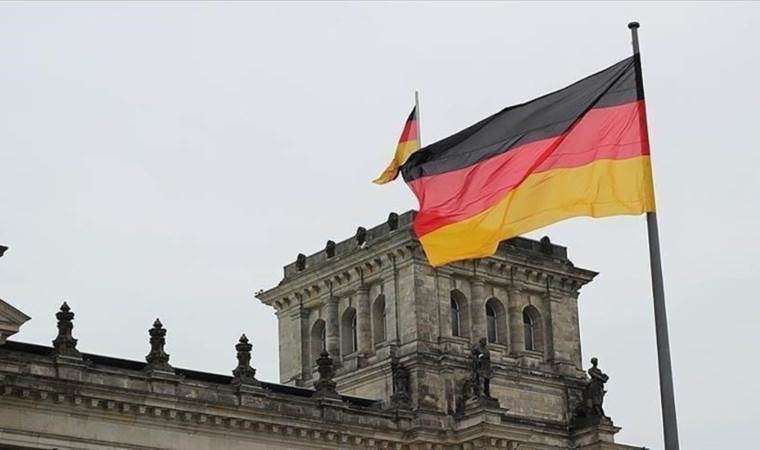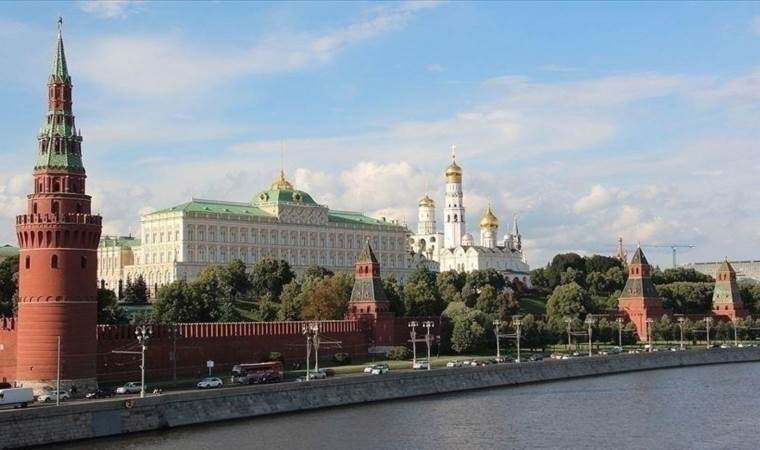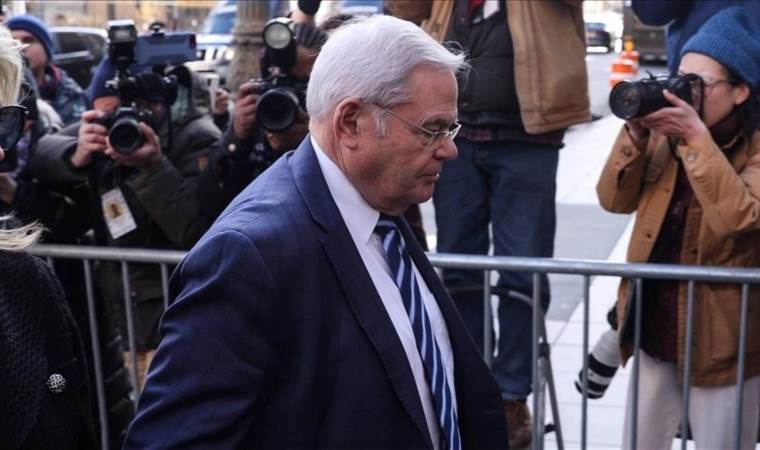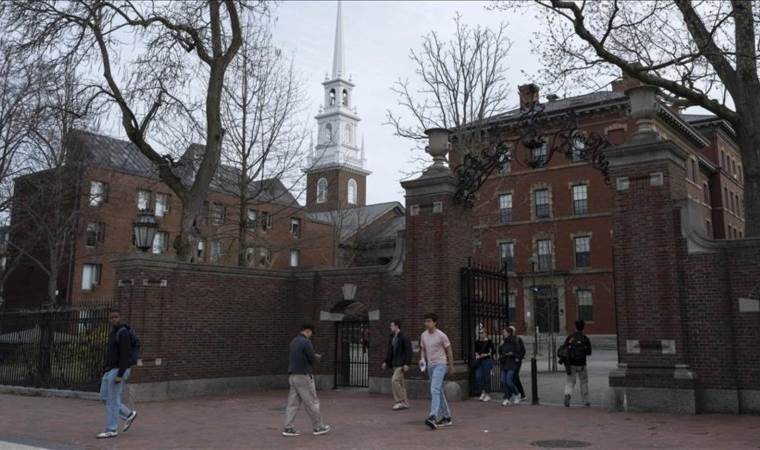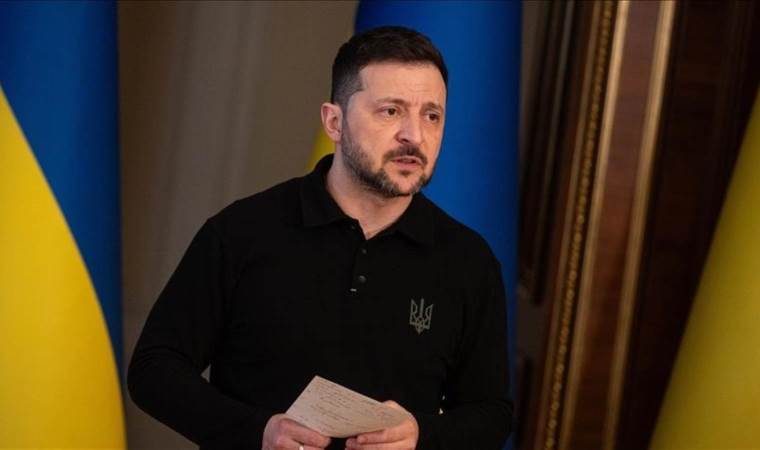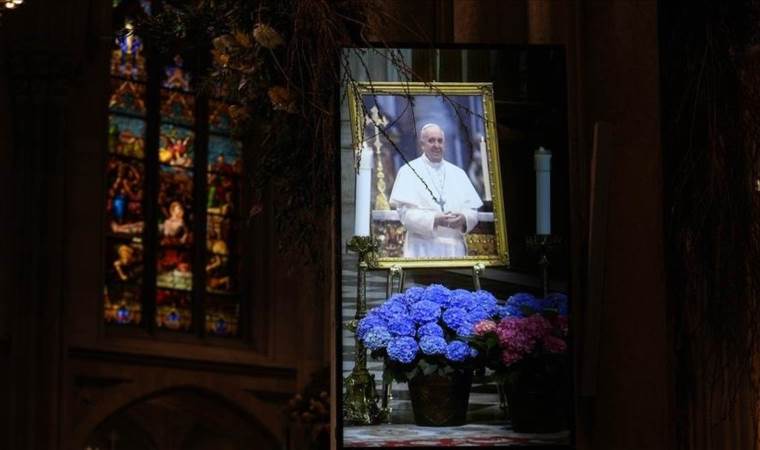Authors Columns of the Day Sport Guest Life All Authors
The CHP congress
The plans for the 38th Ordinary Congress of the Republican People's Party (CHP) were solidified weeks ago by the oligarchic structures within the CHP, reducing the congress to a race between Kemal Kilicdaroglu and Ozgur Ozel.
Throughout the congress process, various effort was made to sideline other candidates who had been earnestly advocating against imperialism and capitalism, emphasizing a return to the party's core principles, implementation of leftist economic policies, and upholding the principle of secularism.
Within this framework, a systematic media embargo was imposed on the mentioned candidates for weeks, employing political, commercial, and media channels. A monopoly of delegates and signatures was established through delegate engineering and lordship, exerting various forms of pressure on convention delegates. Although 69 delegate signatures sufficed for candidate eligibility, Ozgur Ozel and Kemal Kilicdaroglu invoked a bylaw stating that "signatures cannot be given to more than one candidate" to gather hundreds of signatures, effectively preventing other candidates from running. The two candidates jointly determined which tarpaulins and banners could be displayed in the congress hall, who would be granted access, and at what rate, dubbing it the "Democracy and Unity Congress."
Those who have transformed politics into a career path did not astonish principled practitioners of politics with their predictable behavior.
During the congress, Kemal Kilicdaroglu, employing his customary guile, made statements that will be remembered in the historical events of political science and philosophy as a fiasco. He contended that those asserting the CHP's rightward shift "do not comprehend left and right," reaffirming his lack of understanding of left-wing politics.
Kemal Kilicdaroglu attempted to validate these actions as leftist politics by citing instances of his support for paper collectors, house cleaners, building managers, seasonal laborers, and aiding those in need. Essentially, by equating philanthropy with leftist politics, Kilicdaroglu further diluted the concept of leftism. He did not explicitly address positions on privatization, renationalization of previously privatized public institutions, progressive taxation, union relations, provision of quality and free education and healthcare, or broader systemic reforms.
Kemal Kilicdaroglu remained silent on safeguarding the principle of secularism, addressing the growing influence of religious groups in education, politics, and state institutions, and measures to counteract them. He sought to obfuscate the fact that the CHP's alignment with anti-secular movements is linked to its rightward shift.
Kilicdaroglu's loss in the congress could potentially mark a historic turning point. However, the extent to which Ozgur Ozel, the newly elected CHP leader, diverges from Kemal Kilicdaroglu on these matters remains uncertain.
Over time, we will discern how Ozgur Ozel, formerly part of the Kemal Kilicdaroglu administration and party to past missteps, and who altered his political discourse during the congress process to secure victory, will effect change.
Yazarın Son Yazıları All Columns
Günün Köşe Yazıları
Most Read News
-
 China integrates AI into undergraduate studies
China integrates AI into undergraduate studies
-
 South Korea, US to hold trade talks this week
South Korea, US to hold trade talks this week
-
 Germany cuts economic growth forecast to stagnation for
Germany cuts economic growth forecast to stagnation for
-
 6.3 magnitude earthquake strikes off Indonesia’s Talaud
6.3 magnitude earthquake strikes off Indonesia’s Talaud
-
 Kremlin says Putin open to talks on civilian strikes mor
Kremlin says Putin open to talks on civilian strikes mor
-
 South Korean military holds live-fire drills near inter-
South Korean military holds live-fire drills near inter-
-
 Wife of former US Senator Menendez found guilty in bribe
Wife of former US Senator Menendez found guilty in bribe
-
 Harvard University sues Trump administration over fundin
Harvard University sues Trump administration over fundin
-
 Zelenskyy demands Russian clarity over strikes on civili
Zelenskyy demands Russian clarity over strikes on civili
-
 Pope Francis' funeral to take place on April 26, Vatican
Pope Francis' funeral to take place on April 26, Vatican



